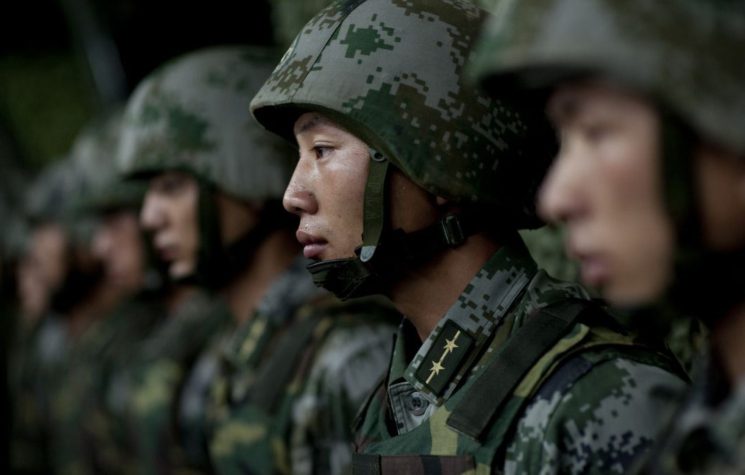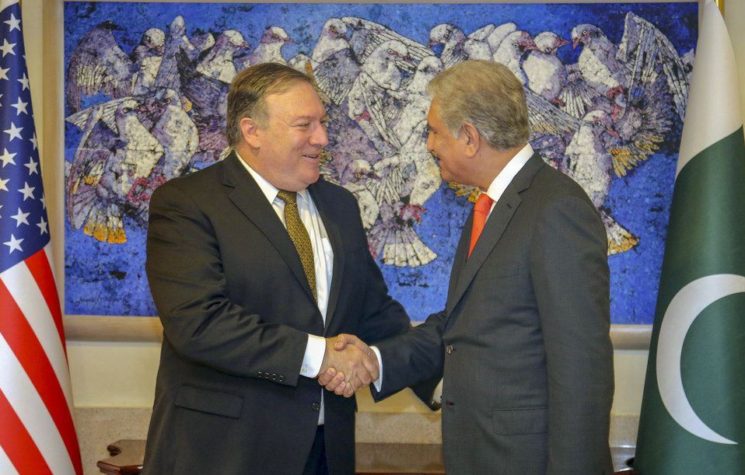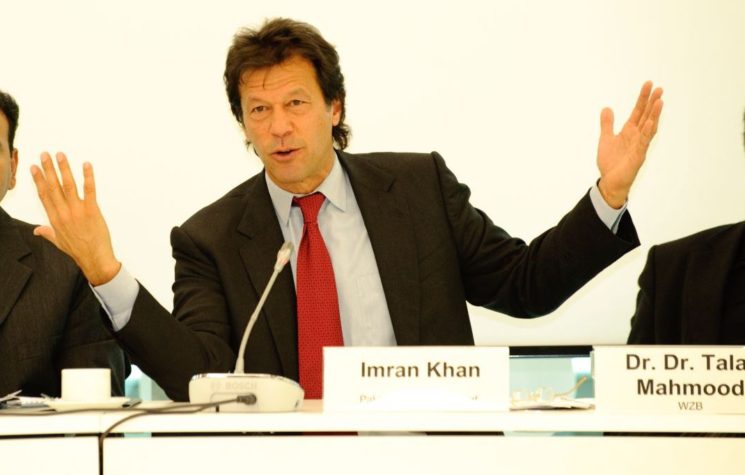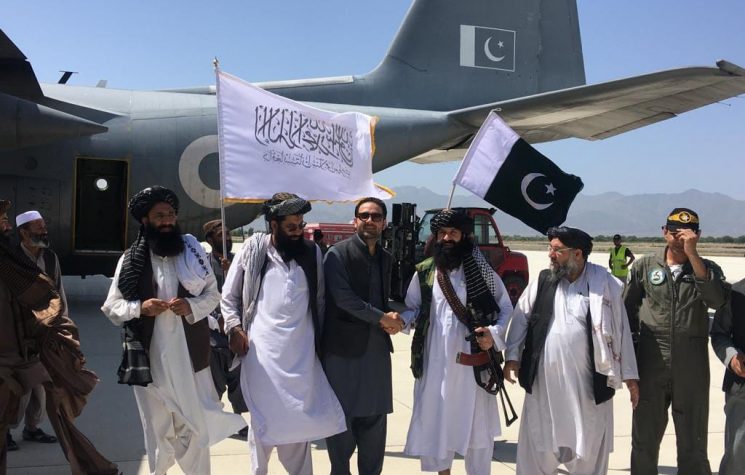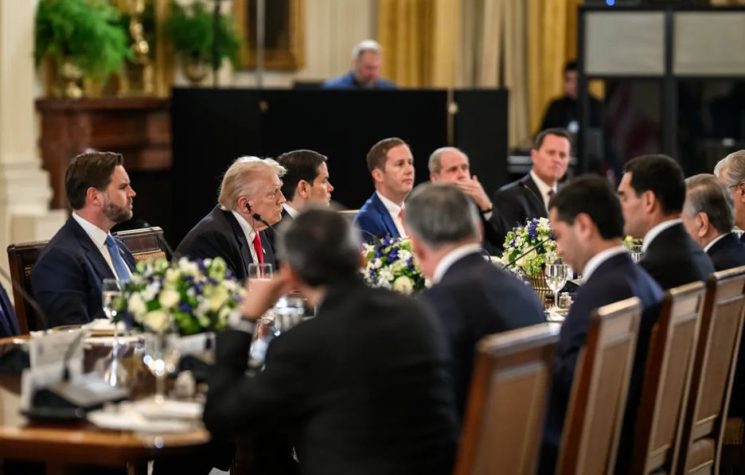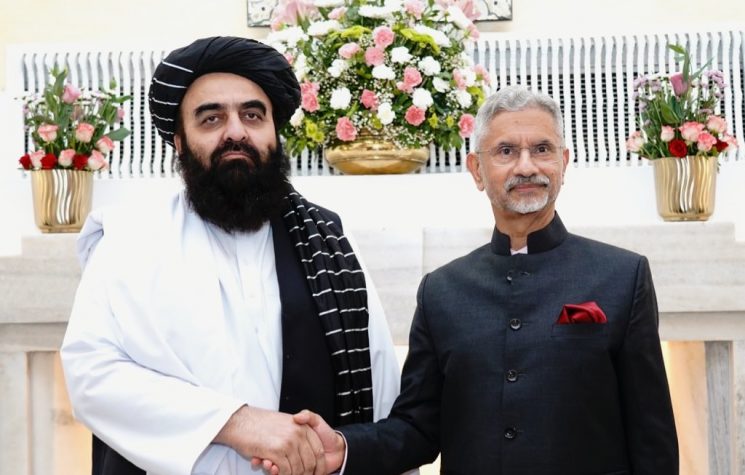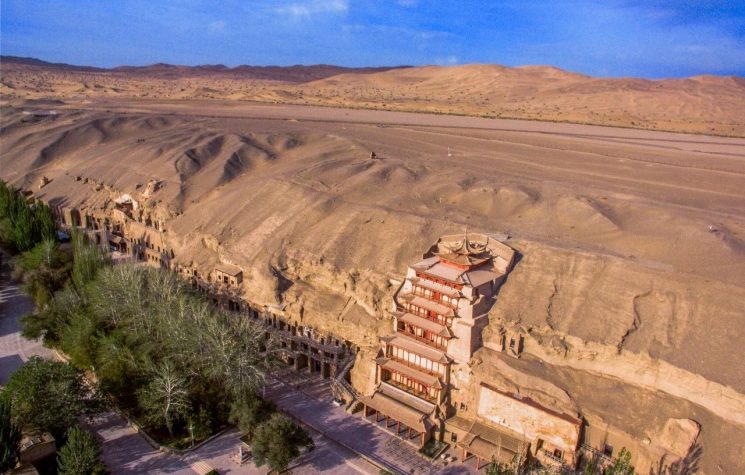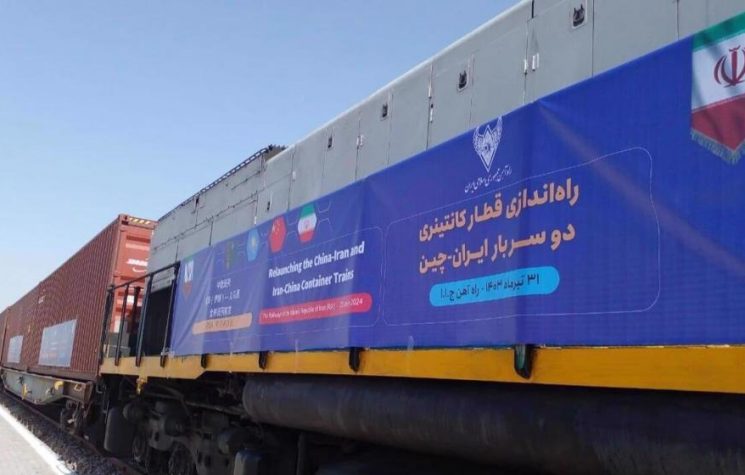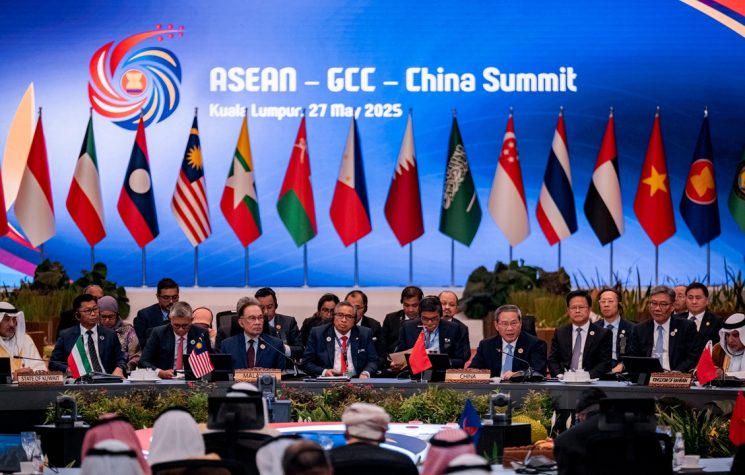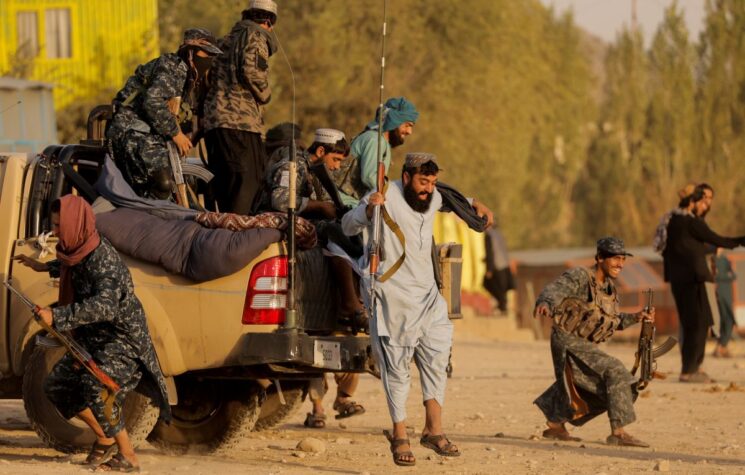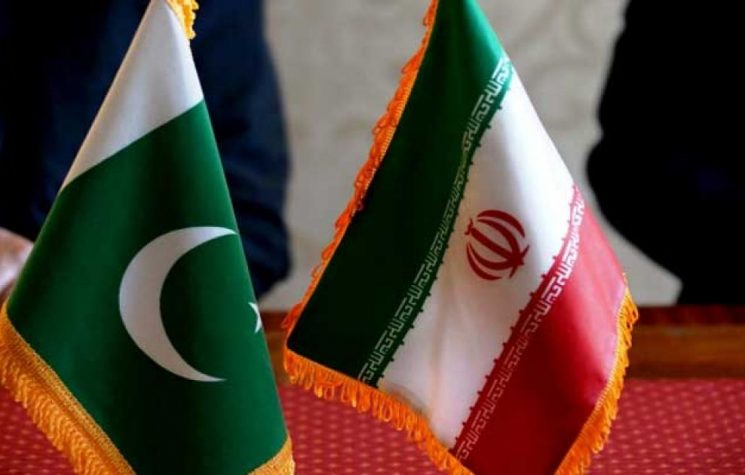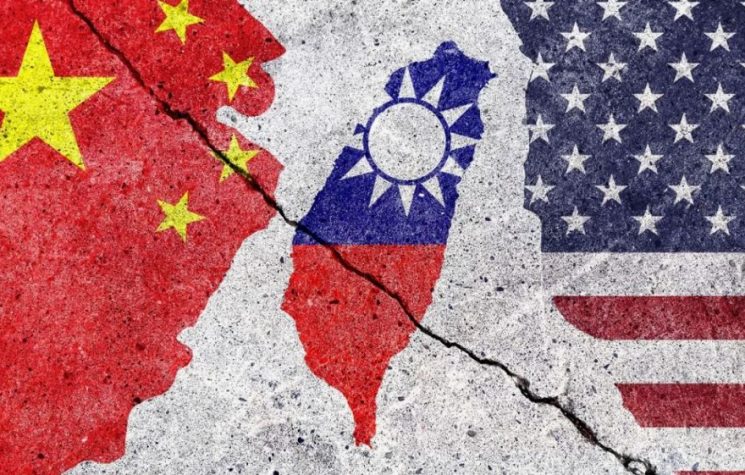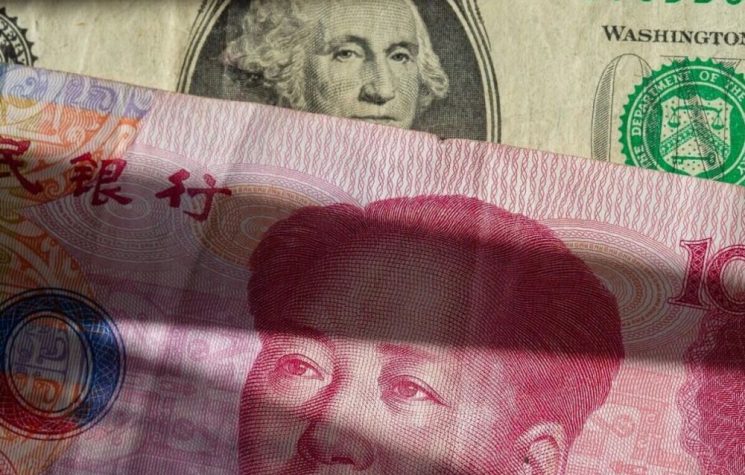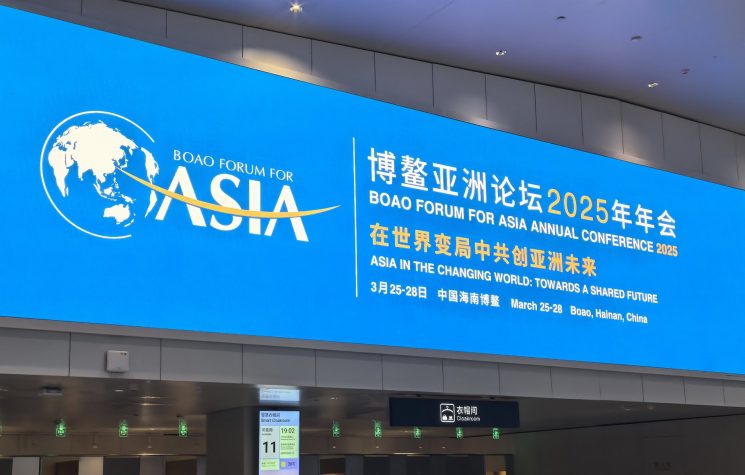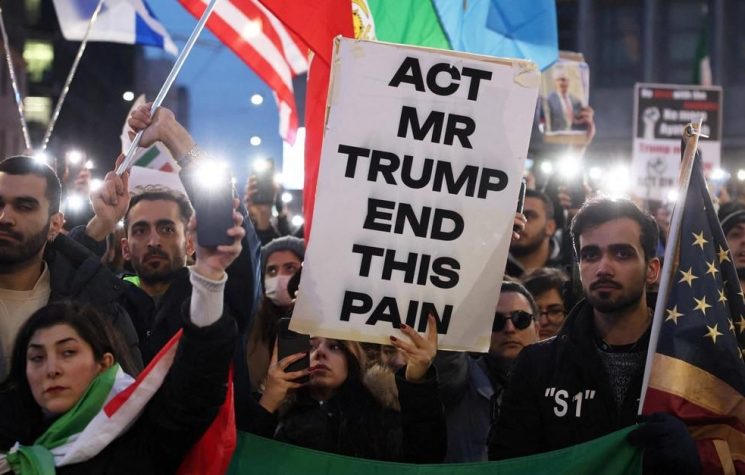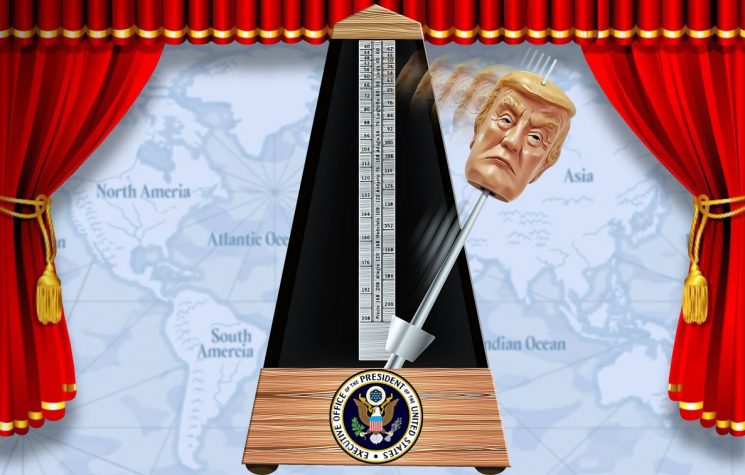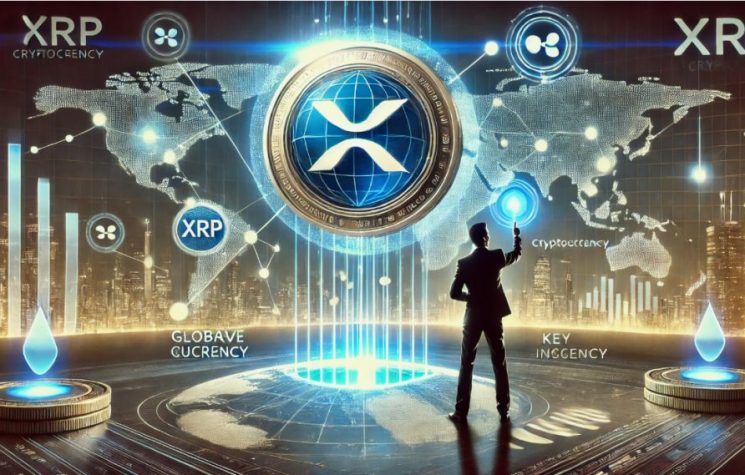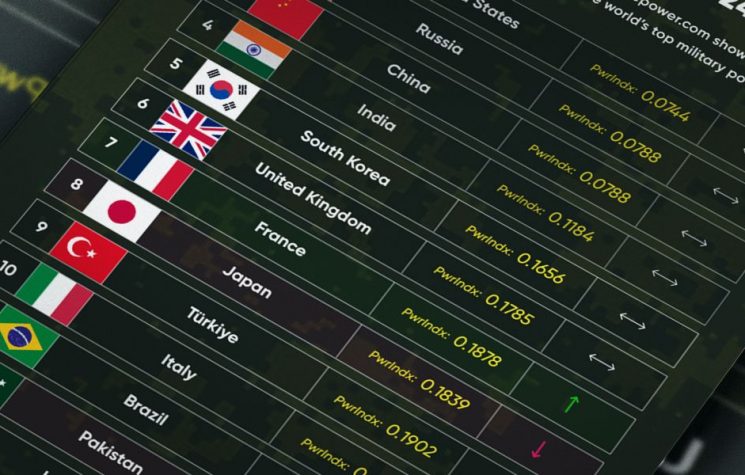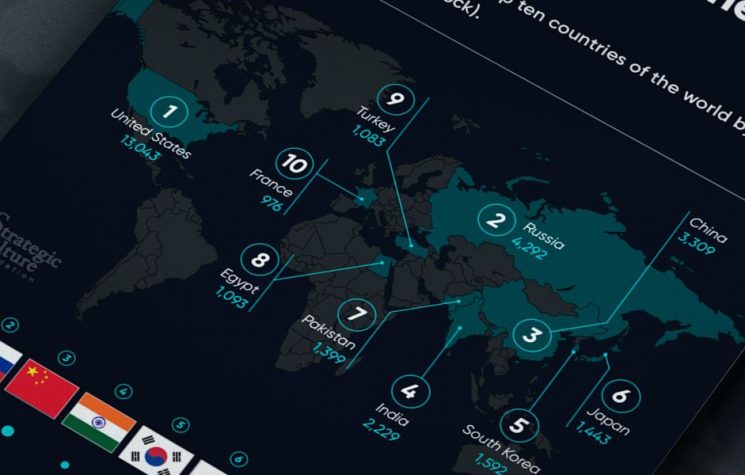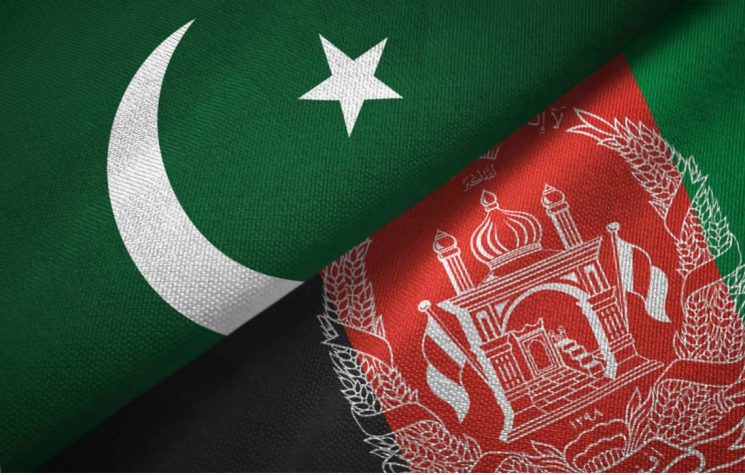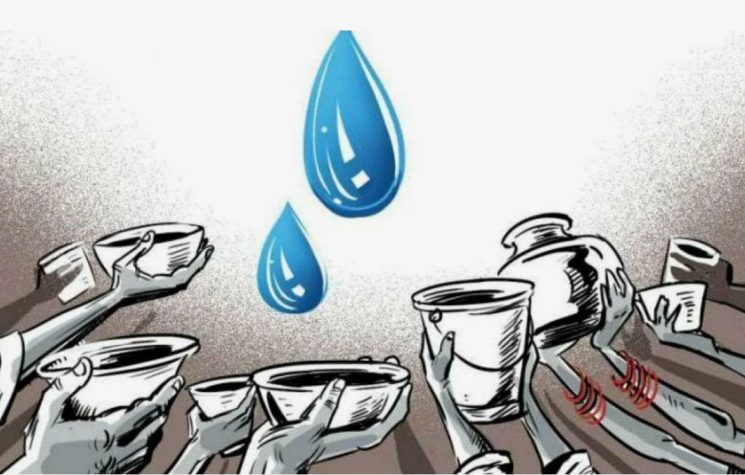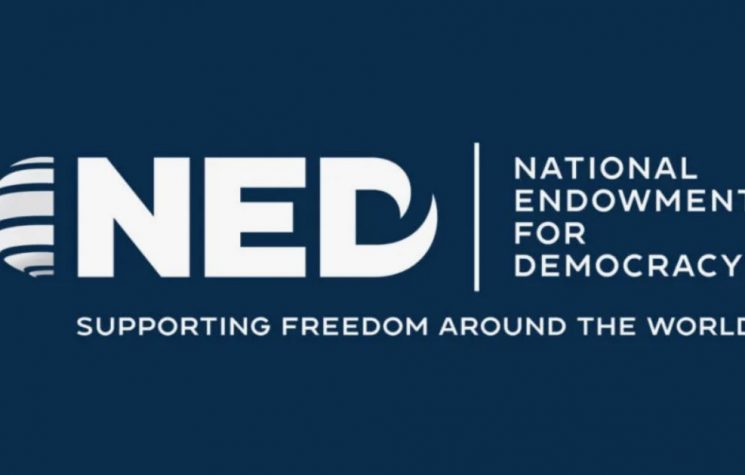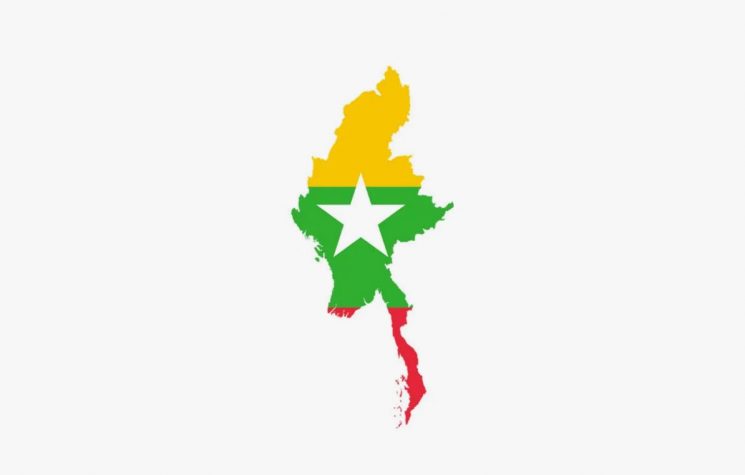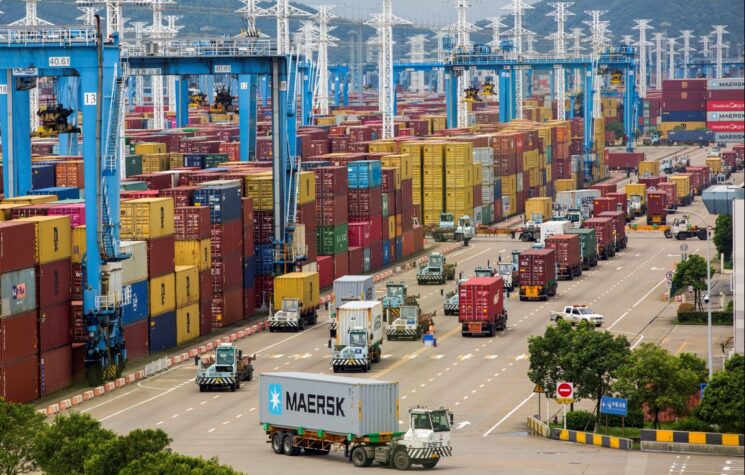Pakistan’s Prime Minister Imran Khan has been nothing less than a breath of fresh air in a world grown stale with the status quo of geopolitics. Like Trump, Brexit, Volodymyr Zelensky in Ukraine, Matteo Salvini in Italy and even AMLO in Mexico, Khan represents the desire of people to live in a vastly different world than the one erected by the transnational oligarchy I like to call The Davos Crowd.
So I looked forward to Khan’s first meeting with Trump at the White House. Pakistan’s relationship with the US looks strained on the surface as Trump cut off aid packages to Pakistan at a time when the country’s finances have been, to say the least, challenging.
Khan is in a incredibly difficult position, trying to legitimize the civilian government while reining in the de facto military one. I don’t pretend to understand all the ins and outs but it should be obvious that Khan is facing the same kind of ‘deep state’ pushback that Trump, Salvini and others like him are experiencing.
Pakistan is the lynchpin on which China’s Belt and Road Initiative rests. China has pumped more than $60 billion into Pakistan through the China Pakistan Economic Corridor. That money has itself become a political football Khan has had to deal with.
At the same time, the US is still obsessed with keeping central Asia chaotic and unsettled.
Those forces within both the US and British Deep States have worked hard to sabotage any gains made by Khan to navigate the roiling waters around him. They cling to the more than 150 year-old view of disrupting central Asia, what Halford Makinder called “The Heartland,” as the key to maintaining supremacy over China and Russia.
Preventing rapprochement between India and Pakistan was the point behind the terrorist attack back in February which nearly set the two countries to war, as Khan made a strong first impression at ending the forever war between the two countries.
Indian Prime Minister Narendra Modi, a committed neoliberal if there ever was one, took full advantage of the attack to ensure his re-election in May.
And since then he has gone out of his way to virtue signal how upset he is with Khan over not getting control over ‘terrorism’ in Pakistan. No invitation to his inauguration, snubbing him at the recent SCO conference. Modi knows full well the challenges Khan is facing and his behavior has been nothing short of abominable these past few months.
But he also knows that the Afghanistan peace process is proceeding without India’s input. And both sides of the conflict have been elevating Pakistan to get what they want. While India has fumed and stamped its feet over both BRI and Afghan talks the world has moved on without it.
Trump is moving forward with some form of end to the Afghan war. He needs this for political purposes. It won’t be a full withdrawal, not with the people surrounding him in place.
India is wedded to the Ghani government, barely hanging on in Kabul by the grace of US support, and keeps making investments outside of BRI, namely the port at Chabahar in Iran, and railways to Afghanistan, to spite the Chinese, who they are still angry with over the Tibetan border.
And India’s pride has ultimately isolated them because they are not central to solving Afghanistan like Pakistan is.
Talks with the moderate Taliban leaders began in December 2016 when China, Russia and Iran elevated Pakistan to lead the talks, knowing full well that for any lasting peace between the two countries, Pakistan would have to be a primary negotiator. This has kept India on the sidelines, hoping the US would support them in talks.
But it hasn’t worked out that way at all under Trump. If anything Trump has been dismissive of India, relegating their concerns to the back burner. Russia, China, the US and Pakistan have all agreed, in principle, to a path forward towards de-escalating the situation in Afghanistan.
This is why it was important for Khan to come to Washington D.C. now while Trump is mad at Modi for buying Russian S-400 missile defense systems and giving Khan a stage.
And, to Khan’s credit, he did just that.
Going on Fox News and making the public offer to give up Pakistan’s nuclear weapons if India would was a masterstroke of diplomacy. Will anything come of it? Not directly. India isn’t giving up its nukes because Imran Khan asked nicely.
Will the war hawks in Washington decry Trump for meeting with Khan and talking peace? Yes.
In fact, to over-shadow Khan’s offer the media, both US and Russian sadly, has focused on Trump’s tweets about ending the war in Afghanistan (10 million dead) and India denying there was an offer to mediate on Kashmir.
Lost in all of that was Khan, again playing it very smart, saying he made the offer to Trump back in February to mediate a settlement on Kashmir.
“Nuclear war is not an option between Pakistan and India. The idea of nuclear war is actually self-destruction,” he replied.
Speaking on the recent tensions between the two South Asian neighbors in February, Prime Minister Imran Khan said he had asked President Trump to play his role and mediate between the two countries.
“The US is the most powerful country in the world, the only country which could mediate between Pakistan and India and resolve the only issue which is Kashmir. The only reason for 70 years we have not been able to live like civilized neighbours is Kashmir,” Prime Minister Imran Khan told Fox News.
“I really feel that India should come on the table, US could play a big part, and President Trump can certainly play a big part. We are talking about 1.3 billion people on this earth. Imagine the dividends of peace if somehow that issue could be resolved,” he added.
And the answer from Modi was to deny there was ever an offer of such mediation and Trump had to back down as the State Department went into spin control mode. Modi, of course, has to say that, even though it’s clear that the subject has come up.
But Khan has been consistent in his working towards peace in the region since his election.
It’s all ridiculous and sad, as it is becoming clearer by the day that the forces of the status quo and war are working over-time to erect phantom barriers to peace through perceived slights and political chicanery.
Modi is still playing up the terrorism angle and hard-liners in India prevent him from moving forward with any real diplomacy outside of the SCO, of which both India and Pakistan are full members. No one in the West is happy about this arrangement and it’s clear to me the terror attacks in February were meant to split either Pakistan or India from the SCO and set things aright in The Heartland.
So if Modi continues to act like an inconsolably aggrieved party that may be your signal that we’re no closer to regional peace than we’ve been. But it hasn’t been for a lack of trying by all the major players.
In the end, it all comes down to Trump and his parallel position within the US government to Khan’s in Pakistan’s. Does he have the clout and the will to achieve his goals of ending the war in Afghanistan while effecting a tactical retreat from the Heartland?
I don’t know, but it’s beginning to look like that is his plan. So much has changed since the G-20 and the meetings in Doha and Beijing since then concerning Afghanistan, that it is possible to entertain this hope.
Trump has little control over the forces unleashed in his maximum pressure campaign on Iran. His presidency represents a threat to a very old policy that transcends governments and political systems.
Like with North Korea he is doing what he can to signal to his ‘partners,’ as Russian President Vladimir Putin would put it, that he won’t make things worse in Pakistan and Afghanistan while they work out the details and through his inaction force players like Modi to accede to reality.
Trump needs a way to save face after doubling down in Afghanistan at the behest of the war hawks in 2017. Khan can give him that, publicly. It may be Russia, China and Iran doing the heavy lifting but it’s Khan and Pakistan that can be the politically palatable face on it.








